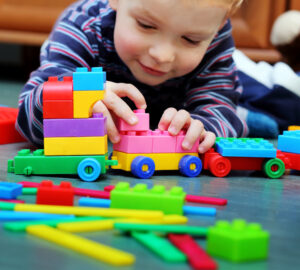“Friendship that insists upon agreement on all things isn’t worth the name.” ~ Mahatma Gandhi
 We all have different upbringings, backgrounds, and insights to the world. So we can’t all agree all of the time. And disagreement can be good! It can teach us compromise, open our minds to a different point of view, and help shape our own ideas.
We all have different upbringings, backgrounds, and insights to the world. So we can’t all agree all of the time. And disagreement can be good! It can teach us compromise, open our minds to a different point of view, and help shape our own ideas.
So what happens when you and your partner, friends, or children disagree? How can you handle it without it turning into a bigger problem or issue? Follow these three steps to transform your disagreement:
Communicate
When a disagreement comes up, don’t let it simmer and stew, only to erupt later. Instead, communicate about it. Share your point of view and listen to the other person’s point of view. Don’t talk over one another; really hear what the other person has to say. If talking isn’t working, try writing down your thoughts and then going down the list, with the rule that you each take turns and truly listen to the other.
Listen


Empathy
One of the greatest things we can teach our children and that we can show by example, is to be empathetic. That means “the ability to understand and share the feelings of another.” To be empathetic is to be human. Once you, or your children, are able to understand and share the feelings others feel, it can really help combat disagreements. It’s no longer about who is right; it’s about understanding each other, and then coming to some agreement that feels fair to you both.
Communicating, listening and empathizing can bring a breath of fresh air to any relationship when a disagreement arises. Teaching your children these three key things will help them as they encounter disagreements in life.



